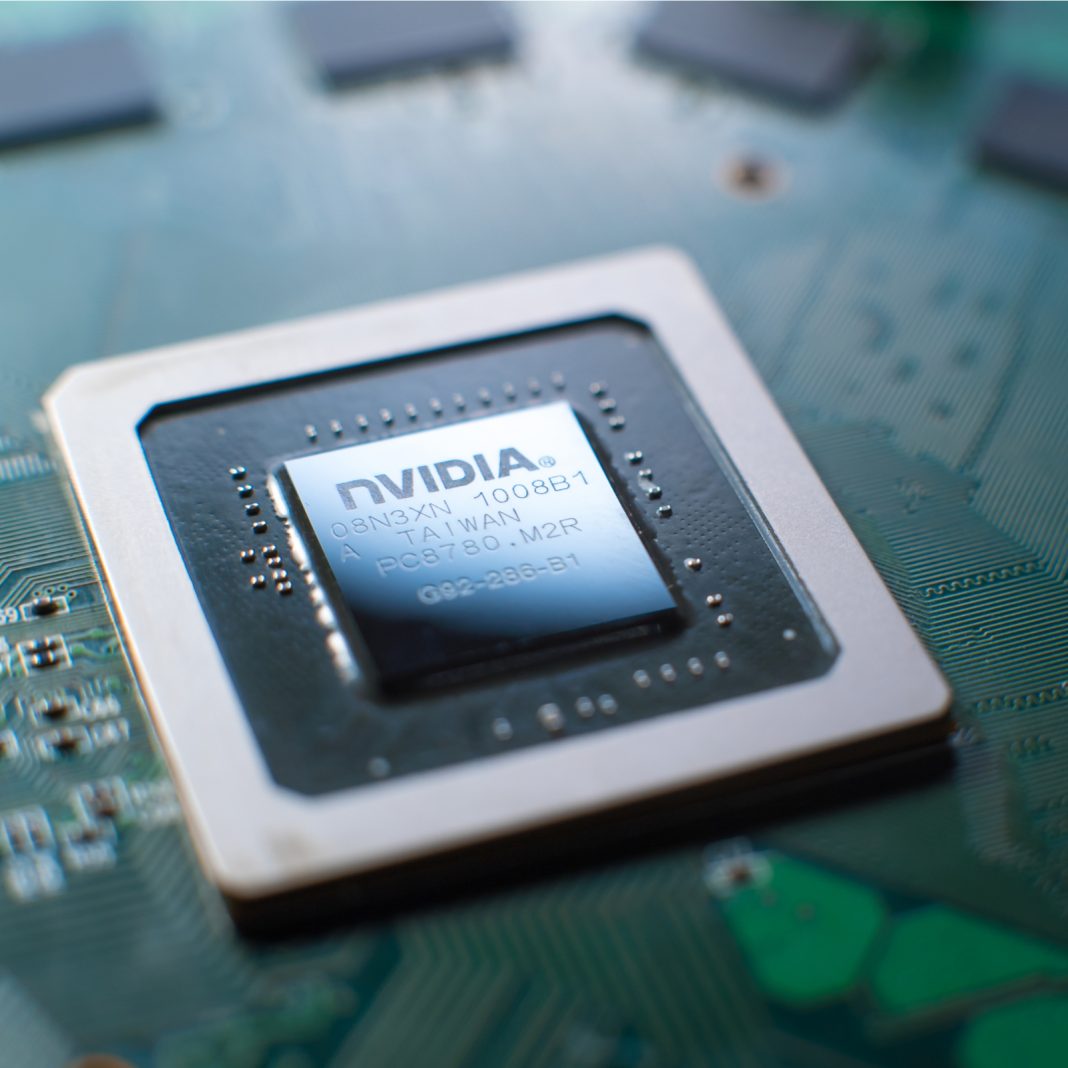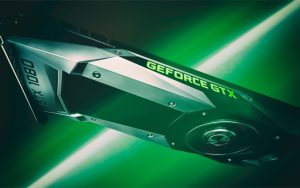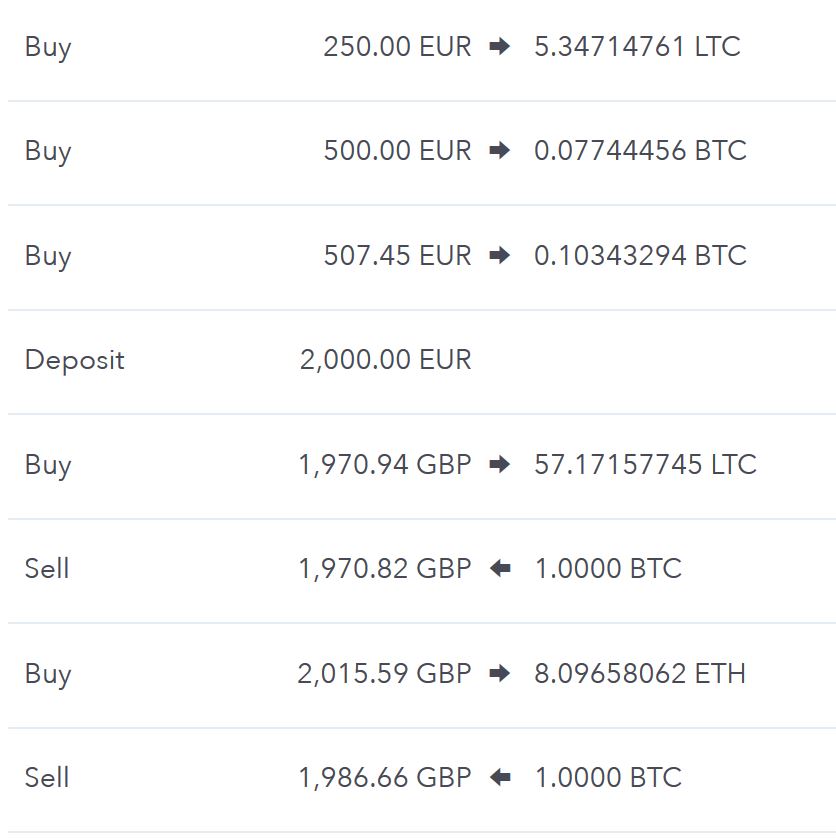Ethereum introduced the world to the idea of Smart Contracts, which are blocks of code that are executed on the blockchain in a distributed manner. Smart Contracts are run on every Ethereum node and the results verified by the network, which makes it possible to execute code in a distributed and trustless manner. Anyone can join the Ethereum network and run a node, and participate in the validation of the Smart Contracts that get executed.
NEO, like Ethereum, is a Smart Contract blockchain and platform, but it differs in goals and direction. NEO is more centralized than Ethereum in that it’s much harder to become a “Consensus” NEO node, which are the nodes that execute transactions and are able to collect fees. NEO brands itself as a “Smart Economy Ecosystem”, and like a true ecosystem, it’s important to understand how each of the parts fit together, and make the whole greater than just the sum of its parts.
NEO vs GAS
There are actually two types of tokens in the NEO system - NEO and GAS. The NEO token can be thought of like a “share” of the NEO system, because those who own NEO are able to vote for Consensus nodes, which validate transactions. Consensus nodes also get to set the price for transactions on the NEO network, which is paid in GAS. Consensus nodes collect any GAS used for transaction fees in the block they validate. Right now transactions are free on the NEO blockchain and no GAS is needed, but that will change in the future as the number of transactions go up, and Consensus node owners look to make a return on their investment.
Staking NEO tokens also means that the owner will get rewarded with new GAS tokens. You don’t need to keep your NEO wallet online to earn GAS, just make sure they’re in your wallet.
Consensus
While Ethereum uses a Proof of Work consensus algorithm (and will soon move to Proof of Stake), NEO uses what an algorithm called “Delegated Byzantine Fault Tolerance” (dBFT). When a NEO Consensus node broadcasts a new block, the rest of the Consensus nodes vote on whether or not it’s correct. As long as at least 66% of the Consensus nodes agree with the new block, it gets accepted and added to the blockchain.
Right now the NEO development team controls the majority of Consensus nodes, and they get to decide who gets to add new nodes. The process is somewhat murky, but seems to involve proving your identity so they know who the owner is - and it’s not clear if a non-Chinese citizen would even be allowed to control a node.
But the benefit of tighter control is the ability to execute 1,000 transactions per second (and theoretically up to 10,000), compared to Ethereum’s 15 per second.
Private Blockchains
NEO’s founders Da HongFei and Erik Zhang are also the founders of
OnChain, a company which works with governments and businesses to establish private blockchains based on NEO’s technology. OnChain’s goal appears to be no less than to become the “Microsoft of the Blockchain”, which means it acts as both a service and product provider to private enterprises.
OnChain’s technology allows it to link these private blockchains to the public NEO blockchain, potentially creating an linked web of blockchains, with OnChain at the center.
Developer Support
Part of Neo’s ecosystem is its developer community, called
City of Zion. While Ethereum Smart Contracts need to be written in a custom language called Solidity, Neo supports Java, Kotlin, C#, VB.Net, JavaScript, Python, and Go. Letting developers use languages that they’re more familiar with is likely to increase adoption, giving NEO an edge over Ethereum.
ICOS
Like Ethereum, NEO has begun hosting Initial Coin Offerings. The first two, RedPulse and DeepBrain Chain, have already broken into the top 200 cryptocurrencies by market cap.
Bottom Line
NEO is still trying to get better acceptance outside of China, and some will be wary of its centralized nature. But it has an edge in transaction time and is supported by a company with a vested interest in its success. Its documentation has improved dramatically in the last few months, and it’s likely to grow its share of the Smart Contract market in 2018.





 Nvidia Corporation (NASDAQ: NVDA), the graphics processing unit (GPU) manufacturer, has reported a record revenue for the fourth quarter (which ended January 28, 2018) of $2.91 billion, up 34 percent from $2.17 billion a year earlier. The company achieved this peak financial performance, at least in part, thanks to strong demand from cryptocurrency miners which buy its graphics cards in bulk.
Nvidia Corporation (NASDAQ: NVDA), the graphics processing unit (GPU) manufacturer, has reported a record revenue for the fourth quarter (which ended January 28, 2018) of $2.91 billion, up 34 percent from $2.17 billion a year earlier. The company achieved this peak financial performance, at least in part, thanks to strong demand from cryptocurrency miners which buy its graphics cards in bulk. “Strong demand in the cryptocurrency market exceeded our expectations,” Nvidia Chief Financial Officer Colette Kress said in the company’s fourth-quarter earnings
“Strong demand in the cryptocurrency market exceeded our expectations,” Nvidia Chief Financial Officer Colette Kress said in the company’s fourth-quarter earnings 



